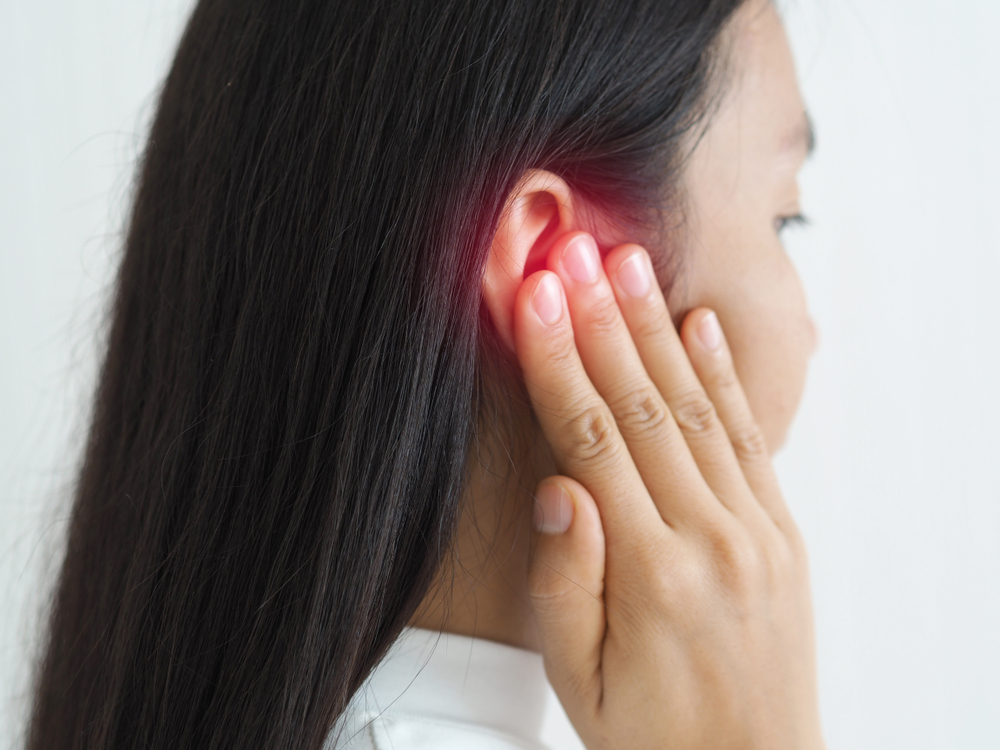A ruptured eardrum may seem severe, but surprisingly, some individuals remain unaware of the perforation as they experience no sensations or symptoms. Let’s explore the potential causes of this condition and familiarize ourselves with some indicators to watch out for.
What are eardrums?
The eardrum, a pliable layer of cartilage, serves as a barrier between your outer ear and middle ear. Its primary function is to safeguard the middle ear from foreign objects such as water, bacteria, Q-tips, bobby pins, or any small items that may enter the ear.
When the eardrum sustains a tear, it can impact both your hearing and sense of balance.
Referred to as a perforated tympanic membrane, a ruptured eardrum creates a favorable environment for the development of infections in the middle ear.
What causes a ruptured eardrum?
An ear infection often serves as the primary cause for a ruptured eardrum. If you suspect an infection, seek medical attention for proper treatment. In the presence of an infection, increased pressure can build up and exert force against the eardrum, potentially leading to perforation.
Other causes of a ruptured eardrum include the following:
- As previously mentioned, inserting objects into your ears for cleaning or scratching purposes can also result in a rupture.
- Barotrauma, arising from changes in air pressure, such as during air travel or scuba diving, is another contributing factor.
- Physical impact, such as a forceful blow to the side of the head and ear, can cause a perforated eardrum.
- Additionally, exposure to extremely loud noises, such as those from a gunshot or explosion, can also induce this condition.
What are the signs of a ruptured eardrum?
Many individuals may experience no symptoms when dealing with a perforated eardrum, and, in many instances, the condition can resolve on its own without any intervention.
However, some individuals may encounter more pronounced symptoms, including:
- Abrupt and prolonged hearing loss
- Persistent vertigo
- Sustained dizziness
- Pain
- Discharge resembling pus or blood
- Tinnitus (ringing in the ears)
Find a specialist near you to schedule an appointment for a diagnosis and explore available treatment options.

